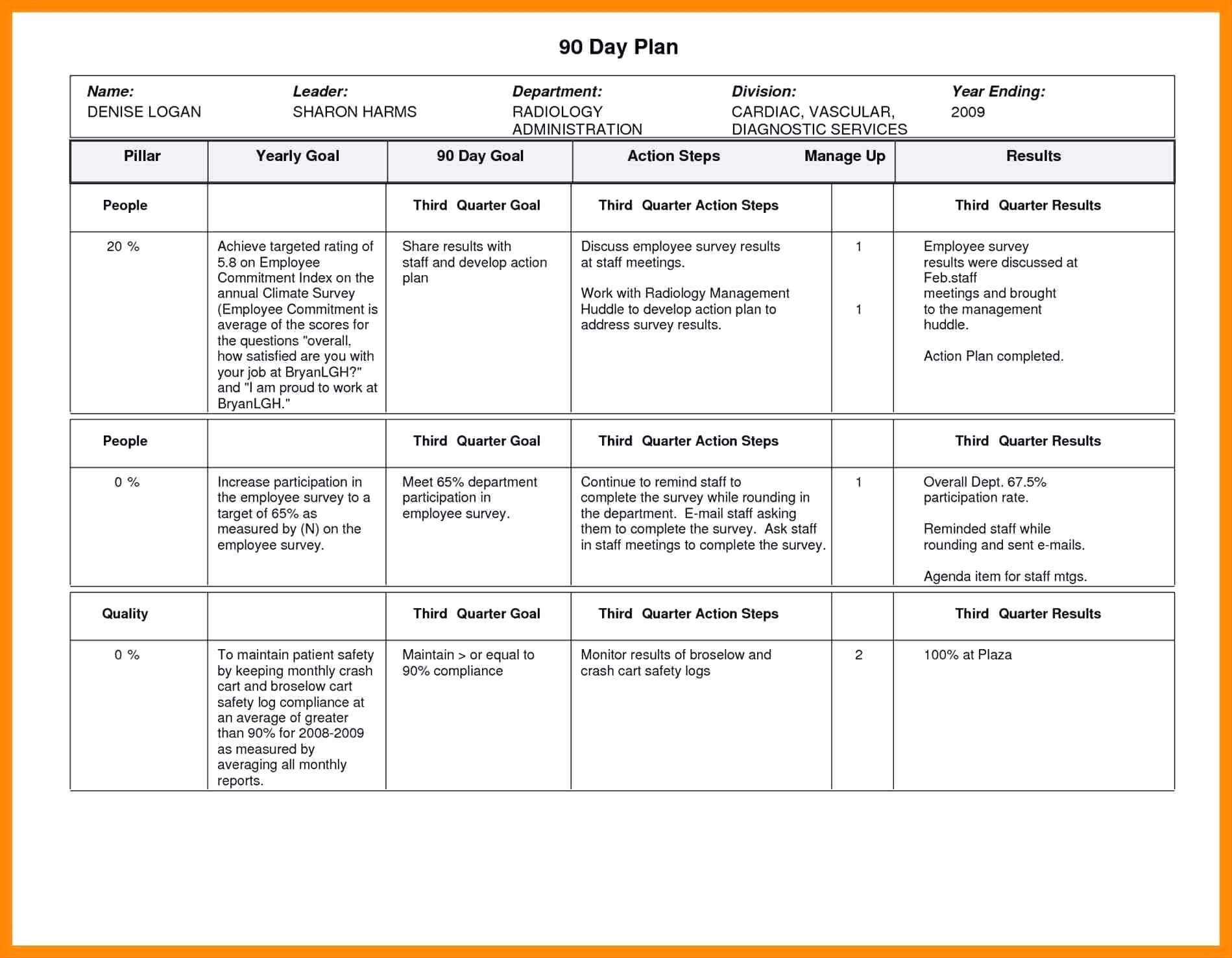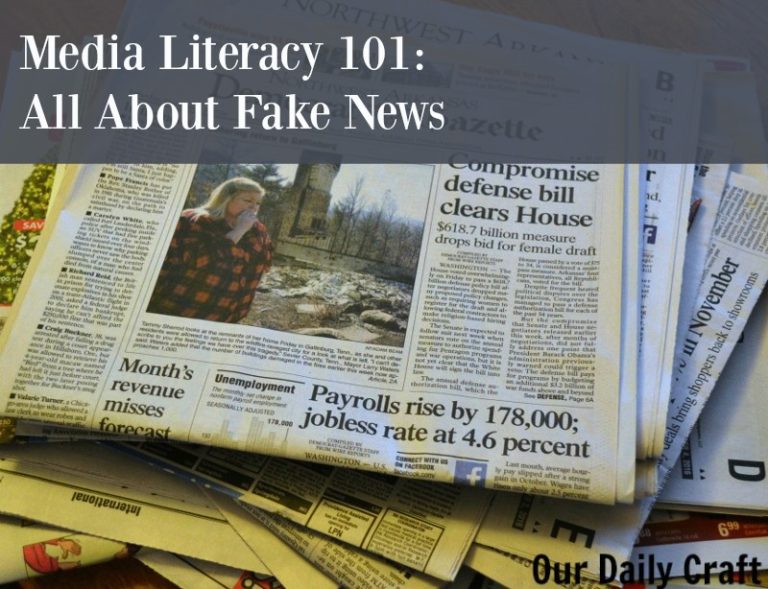

Winning the Culture War: A Patriot’s Action Plan
The so-called “culture war” rages on, a relentless clash of values and ideologies shaping our society. It’s not a battle fought solely on political battlefields, but a contest played out in our homes, schools, workplaces, and digital spaces. Winning this war isn’t about conquering the opposition, but about securing the future of our shared values and building a more unified and prosperous nation. This isn’t a partisan call to arms, but a pragmatic, action-oriented guide for patriots of all stripes who desire a better future.
Understanding the Battlefield:
The culture war isn’t a monolithic entity. It’s a complex tapestry woven from threads of differing perspectives on individual liberty, social responsibility, economic justice, and national identity. Understanding these threads is crucial to developing an effective strategy. We must move beyond simplistic narratives and engage with the nuances of opposing viewpoints, while remaining steadfast in our own convictions.
Phase 1: Self-Reflection and Community Building:
Before engaging in outward action, inward reflection is paramount. What values truly define your patriotism? Is it a commitment to democratic principles, a love for your community, a belief in individual liberty, or a dedication to the common good? Articulating your personal ethos is the foundation upon which your actions will be built.
This self-reflection should extend to building strong, resilient communities. Seek out like-minded individuals, not to form echo chambers, but to create networks of support and collaboration. Engage in respectful dialogue, even with those who hold opposing views. Understanding, rather than demonizing, is crucial for building bridges and finding common ground.
| Action Step | Description | Impact |
|---|---|---|
| Identify Core Values | Clearly define your personal values and beliefs. | Provides a foundation for future actions. |
| Engage in Local Community | Participate in community events and initiatives. | Strengthens local ties and builds relationships. |
| Foster Respectful Dialogue | Engage in open and respectful conversations with people of differing viewpoints. | Promotes understanding and reduces polarization. |
Phase 2: Strategic Engagement:
Effective engagement requires a multifaceted approach. This isn’t about shouting louder than the opposition; it’s about strategic communication and impactful action.
-
Embrace the Digital Landscape: The internet is a powerful tool, but it can also be a breeding ground for misinformation and division. Develop media literacy skills, engage respectfully in online discussions, and support credible news sources. Create positive and informative content to counter harmful narratives.
-
Support Local Initiatives: Focus on tangible actions within your community. Support local businesses, volunteer at charities, mentor young people, and participate in local governance. These actions build a strong foundation for societal change from the ground up.
-
Promote Civic Engagement: Encourage participation in democratic processes. Vote in elections, run for office, advocate for policies that align with your values, and hold elected officials accountable.
Phase 3: Building a Shared Future:
Winning the culture war isn’t about imposing your values on others; it’s about finding common ground and building a shared future based on mutual respect and understanding.
-
Focus on Shared Values: Instead of highlighting differences, emphasize shared values like liberty, justice, and opportunity. Find common ground with those who hold different perspectives, focusing on areas of agreement to build consensus.
-
Promote Inclusive Dialogue: Create spaces for open and honest conversations. Listen to opposing viewpoints with empathy, seek to understand before judging, and strive for compromise where possible.
-
Cultivate Empathy and Understanding: Engage with diverse perspectives and cultivate empathy for others. This is key to bridging divides and building a more united society.
The culture war is a marathon, not a sprint. It demands patience, perseverance, and a commitment to building a better future for all. By focusing on self-reflection, strategic engagement, and a commitment to building bridges, patriots of all stripes can contribute to a more unified and prosperous nation. The path forward is not about dominance, but about shared progress.

Additional Information
Winning the Culture War: A Deeper Dive into the Patriot’s Action Plan
“Winning the Culture War: A Patriot’s Action Plan” (assuming this refers to a specific book or article – please provide the source for a more precise analysis) likely outlines a strategic approach for a specific political or ideological group to achieve dominance in the cultural sphere. Analyzing such a plan requires examining its underlying assumptions, methodologies, and potential consequences. This analysis will focus on dissecting potential components of such a plan, acknowledging the lack of a specific source document.
I. Defining the “Culture War” and Identifying the “Patriot’s” Perspective:
The term “culture war” itself is inherently contested. It typically refers to clashes over values, beliefs, and lifestyles within a society, often pitting progressive ideals against more conservative ones. A “Patriot’s Action Plan,” therefore, likely originates from a conservative or right-wing perspective, prioritizing traditional values, national identity, and often a specific interpretation of patriotism. This perspective frequently emphasizes a perceived decline in morality and traditional institutions, attributing this decline to liberal or progressive influences.
II. Key Strategic Elements of a Potential “Patriot’s Action Plan”:
A comprehensive plan would likely involve multiple strategies targeting different aspects of culture:
-
Propaganda and Messaging: This involves crafting narratives and disseminating information strategically to shape public opinion. This could include targeted advertising on social media, the use of emotionally charged language, and the dissemination of misinformation or disinformation (fake news). The effectiveness hinges on identifying key demographics and employing persuasive techniques. For example, the rise of right-wing media outlets demonstrates this strategy in action.
-
Legal and Political Action: This could involve lobbying efforts, supporting specific political candidates, challenging laws deemed detrimental to their values, and promoting legal challenges to policies considered “unpatriotic” or contrary to traditional values. Examples include legal challenges to abortion rights or affirmative action policies.
-
Community Building and Grassroots Mobilization: Creating and strengthening networks of like-minded individuals is crucial. This can involve forming organizations, establishing think tanks, supporting community initiatives aligned with their values, and fostering a sense of shared identity and purpose. The rise of conservative Christian organizations and their engagement in local politics exemplifies this.
-
Educational Initiatives: Controlling or influencing the educational system is a long-term strategy to shape future generations. This might involve promoting charter schools, advocating for specific curriculum changes, or supporting organizations promoting conservative viewpoints in education.
-
Economic Influence: Utilizing economic leverage to advance their agenda could involve supporting businesses that align with their values, boycotting those that don’t, and advocating for policies that benefit their preferred economic model.
III. Analysis of Potential Strengths and Weaknesses:
Strengths: A well-executed plan could successfully rally support, influence legislation, and shape public discourse. The ability to tap into existing social networks and leverage technology for rapid dissemination of messages is a significant advantage.
Weaknesses: Such plans are often susceptible to internal divisions, accusations of extremism, and the potential for backlash from opposing groups. The spread of misinformation can backfire, alienating potential supporters and damaging credibility. Overreliance on legal challenges without broader public support can be ineffective. Furthermore, ignoring demographic shifts and evolving social norms can render the plan obsolete.
IV. Ethical and Societal Considerations:
The ethical implications are substantial. Strategies relying on misinformation or divisive rhetoric can undermine democratic processes and social cohesion. Focusing solely on one segment of society while ignoring others’ concerns can lead to social fragmentation and polarization.
V. Conclusion:
Analyzing a “Patriot’s Action Plan” requires a nuanced understanding of the underlying ideology, strategic objectives, and potential consequences. While such plans might aim to achieve a specific cultural dominance, the ultimate success depends on their ability to adapt to evolving circumstances, address diverse societal needs, and navigate the ethical challenges involved in shaping public opinion and influencing policy. Without the specific text of the plan, this analysis remains a framework for understanding potential components and their ramifications. Accessing and analyzing the actual “Patriot’s Action Plan” would allow for a far more precise and detailed critique.







